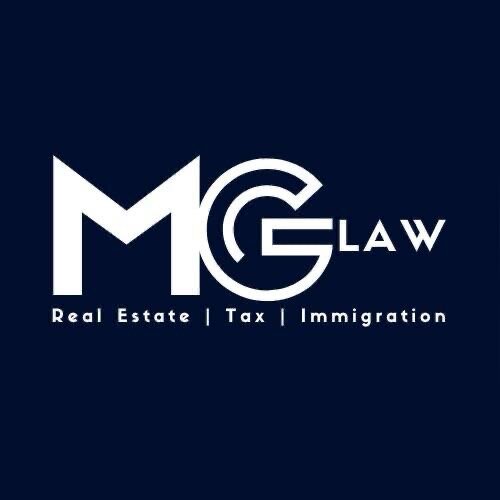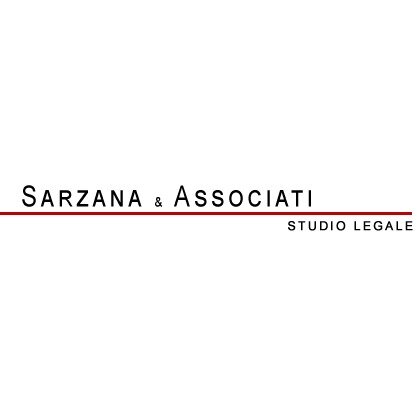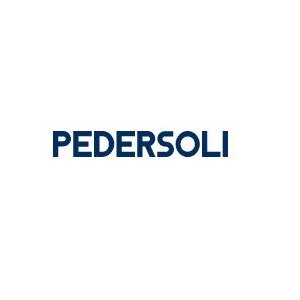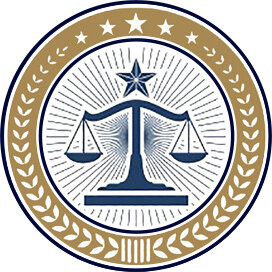Best FDA Law Lawyers in Rome
Share your needs with us, get contacted by law firms.
Free. Takes 2 min.
List of the best lawyers in Rome, Italy
About FDA Law in Rome, Italy
In Rome, Italy, FDA Law refers to the legal and regulatory framework that governs food, drugs, cosmetics, and medical devices. Unlike the United States, which has the Food and Drug Administration (FDA), Italy regulates these sectors under the auspices of national and European Union authorities. The Italian Ministry of Health (Ministero della Salute), along with bodies such as the Italian Medicines Agency (Agenzia Italiana del Farmaco, or AIFA) and the National Institute of Health (Istituto Superiore di Sanità), is responsible for enforcing laws concerning product safety, marketing, labeling, clinical trials, and public health. These laws aim to protect consumers by ensuring that food, pharmaceuticals, and medical devices are safe, effective, and properly labeled before reaching the market. Compliance with EU regulations plays a significant role in shaping the regulatory landscape in Rome.
Why You May Need a Lawyer
Navigating FDA Law in Rome can be complex due to overlapping national and European Union regulations. Individuals and businesses may need a lawyer in circumstances such as:
- Launching a new food or pharmaceutical product in the Italian market
- Facing investigations or enforcement actions from regulatory bodies
- Registering a medical device or dietary supplement
- Seeking authorization for clinical trials
- Challenging product recalls or sanctions
- Dealing with alleged violations of advertising or labeling standards
- Ensuring compliance with import and export regulations for health-related products
- Addressing patient safety and liability concerns
Local Laws Overview
FDA Law in Rome aligns closely with European Union directives and regulations, particularly the European Medicines Agency (EMA) for pharmaceuticals and the European Food Safety Authority (EFSA) for food products. At the national level, key pieces of legislation include:
- Legislative Decree 219/2006 on pharmaceutical regulation
- EU Regulation 2017/745 for medical devices
- EU Regulation 178/2002 establishing the principles for food law
- The Italian Food Safety Law (Legge 283/1962 and updates)
Frequently Asked Questions
What is FDA Law called in Italy?
In Italy, laws concerning food, drugs, cosmetics, and medical devices are managed by the Ministry of Health. The Italian Medicines Agency (AIFA) and national regulations, along with EU law, take the place of a single FDA.
Do I need special authorization to sell pharmaceuticals in Rome?
Yes, selling pharmaceuticals requires authorization from AIFA. Products must meet specific quality, safety, and efficacy standards. Only licensed pharmacists can dispense medications.
Can I sell food supplements in Italy without registration?
No, all food supplements must be notified to the Ministry of Health before being marketed. The product must comply with EU and Italian laws regarding ingredients, health claims, and labeling.
Are there rules for medical device approval?
Yes, all medical devices must comply with EU Regulation 2017/745 and require CE marking. Italian authorities may have additional registration or notification requirements.
Is labeling in Italian mandatory?
Yes, products must be labeled in Italian, including details such as ingredients, instructions, and warnings. Inaccurate or incomplete labeling can lead to penalties or a recall.
What are the consequences of non-compliance?
Non-compliance can result in product seizures, administrative fines, market withdrawal, criminal proceedings, and reputation damage.
Can I make any health claims on my product?
Only authorized health claims, as defined by the European Commission and Italian authorities, are permitted. Misleading or unapproved claims are strictly prohibited.
How are recalls handled in Italy?
Recalls are coordinated by the Ministry of Health. Companies must report issues promptly and cooperate fully with authorities to remove the product from the market and notify the public.
Do I need to notify authorities for importing medical products?
Yes, imported medical products must comply with both EU and Italian regulations. Proper documentation, registrations, and notifications are necessary before sale.
Where can I find official regulations and updates?
Official regulations can be found on the Ministry of Health, AIFA, and European Commission websites. Regularly consulting these resources is recommended to stay compliant.
Additional Resources
If you need further information or official guidance, consider the following resources:
- Ministero della Salute - The Italian Ministry of Health: Issues regulations, product approvals, and safety alerts.
- Agenzia Italiana del Farmaco (AIFA) - The Italian Medicines Agency: Oversees pharmaceutical regulation in Italy.
- Istituto Superiore di Sanità (ISS) - National Institute of Health: Provides research and technical/scientific support.
- European Medicines Agency (EMA) - Coordinates pharmaceutical matters across the EU.
- European Food Safety Authority (EFSA) - Central authority for food safety law in Europe.
- Local trade associations and professional legal organizations specializing in health law.
Next Steps
If you need legal assistance in FDA Law in Rome, Italy, consider these next steps:
- Consult with a lawyer who specializes in food, drug, and health product law in Italy.
- Gather all relevant documentation related to your product or issue, such as technical files, labels, marketing materials, and relevant correspondence.
- Reach out to the appropriate regulatory body for preliminary guidance or clarification on procedures.
- Request a consultation to discuss your specific situation, regulatory options, and potential risks.
- Stay informed about changes in Italian and EU regulations relevant to your product or operation.
Lawzana helps you find the best lawyers and law firms in Rome through a curated and pre-screened list of qualified legal professionals. Our platform offers rankings and detailed profiles of attorneys and law firms, allowing you to compare based on practice areas, including FDA Law, experience, and client feedback.
Each profile includes a description of the firm's areas of practice, client reviews, team members and partners, year of establishment, spoken languages, office locations, contact information, social media presence, and any published articles or resources. Most firms on our platform speak English and are experienced in both local and international legal matters.
Get a quote from top-rated law firms in Rome, Italy — quickly, securely, and without unnecessary hassle.
Disclaimer:
The information provided on this page is for general informational purposes only and does not constitute legal advice. While we strive to ensure the accuracy and relevance of the content, legal information may change over time, and interpretations of the law can vary. You should always consult with a qualified legal professional for advice specific to your situation.
We disclaim all liability for actions taken or not taken based on the content of this page. If you believe any information is incorrect or outdated, please contact us, and we will review and update it where appropriate.
















